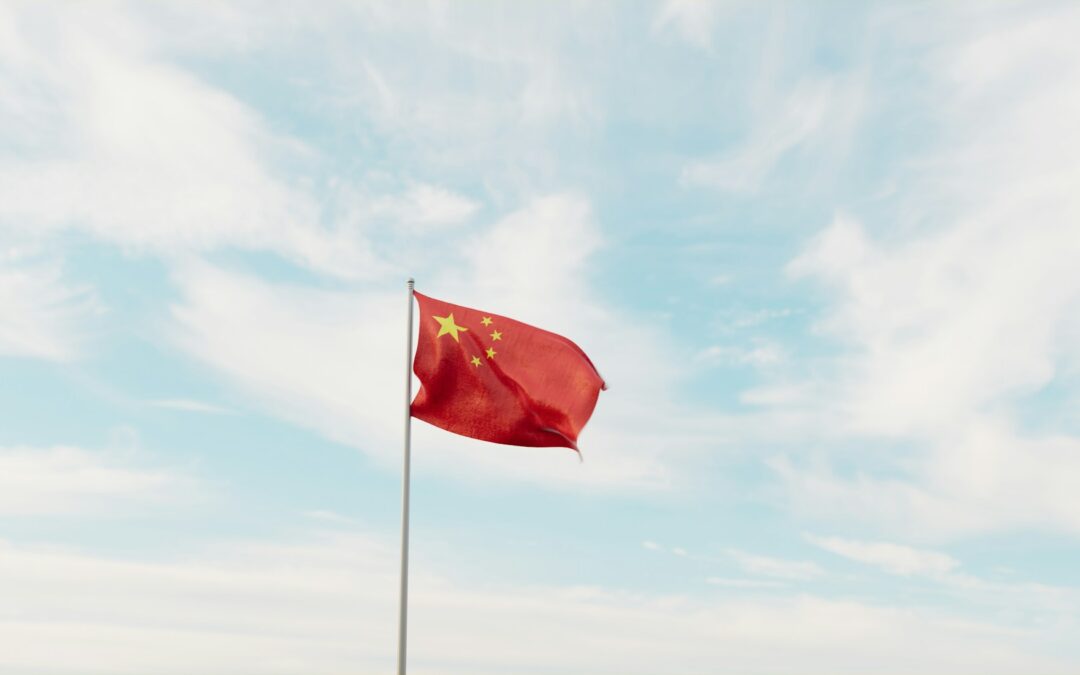Recent political changes in China have sent ripples through global markets, catching the attention of businesses around the world. From shifts in leadership to new policies, these developments may influence how foreign businesses operate within China. Understanding what’s happening on the political front can help companies in making informed decisions and adapting to the changes ahead.
Foreign firms often find it challenging to adapt to new dynamics. The need to stay informed about these shifts is more important than ever. By having a finger on the pulse of political changes, businesses can uncover opportunities and avoid potential pitfalls. In this way, they align their strategies with the current political climate in China.
Overview of Recent Political Shifts
China has recently witnessed significant shifts in its political landscape. Let’s take a closer look at these changes:
– Leadership Changes: The political framework in China has seen some fresh faces taking key leadership roles. This changing of the guard often brings new priorities and policies, which can directly impact business operations. The arrival of new leaders can alter the focus of economic development, and those interested in China need to pay close attention to these leadership dynamics.
– Major Policy Changes: Recent policies have been rolled out with implications for foreign businesses. These policies may address areas like tech regulations, environmental standards, or industrial growth. For example, if a new policy targets environmental initiatives, businesses dealing in tech or manufacturing may experience additional compliance requirements.
These political shifts may encourage businesses to reevaluate their strategies. For instance, adapting to new environmental regulations might mean changing supply chains or production methods. Staying informed will allow businesses to pivot smoothly, adjusting to any new policies that arise.
Impact on Trade Regulations
Trade regulations in China are subject to political dynamics. New policies can involve changes in tariffs, import/export controls, and licensing requirements. Here’s how these shifts can affect businesses:
– New Trade Policies: China has introduced new trade policies aimed at strengthening certain sectors while restricting others. Foreign businesses must stay aware of these policies to maintain compliance and ensure smooth operations.
– Import and Export Regulations: Changes in these regulations directly impact how businesses move products in and out of China. For instance, new import controls can affect the flow of raw materials, influencing production schedules and costs.
– Supply Chains and Logistics: Modifications in trade agreements can alter supply chain logistics, dictating which materials are readily available. Businesses might need to look for alternative suppliers or adjust timelines due to these new requirements.
Being proactive about understanding and navigating these trade regulations can help businesses mitigate risks and capitalize on new openings. By preparing for these changes, companies can ensure their operations remain fruitful and resilient against unexpected developments.
Effect on Market Entry Strategies
Political changes in China bring about shifts in the regulatory landscape, influencing how foreign businesses enter and operate in the market. One area these shifts impact is foreign investment laws. New rules may either encourage or restrict foreign investment, altering how companies plan their entry strategies. For example, tighter regulations might necessitate forming joint ventures with local companies, thus presenting both opportunities and challenges.
– Foreign Investment Laws: Modifications to these laws can open new sectors for foreign investment or tighten access. Businesses must stay updated to capture new opportunities or navigate fresh challenges.
– Partnerships and Joint Ventures: Political changes can affect how partnerships are formed. A strategic partnership with a local firm can be beneficial, providing insights into local markets and smoothing operations.
– Opportunities and Challenges: While new political climates may open doors in certain industries, they can also pose hurdles. Understanding these dynamics helps companies strategically place themselves to maximize opportunities while mitigating risks.
Adaptation Strategies for Foreign Businesses
Adapting to political shifts requires careful planning and flexibility. Businesses must remain agile to thrive amid changes. Here are some key strategies for adapting to the Chinese market:
– Navigating the New Landscape: Keeping abreast of political changes is paramount. Regular updates from reliable sources can provide valuable insights.
– Compliance Tips: Adhering to new laws and regulations is non-negotiable. Companies should invest in understanding local legal requirements to maintain smooth operations. Consider hiring compliance experts to ensure all processes are in line with current laws.
– Leverage Local Expertise: Building a team with local knowledge can offer invaluable perspectives and help in adjusting to rapid changes. These experts can guide strategic decisions and improve business practices in the context of local norms.
Moving Forward
As the political landscape in China continues to evolve, staying informed is key for foreign businesses looking to succeed. Being proactive in understanding these changes allows businesses to make strategic decisions that align with new regulations. As businesses adapt, it’s vital to look beyond obstacles and focus on long-term goals.
In the dynamic environment of Chinese politics, preparation is a business’s strongest ally. Embracing the opportunities while cautiously approaching the challenges will position businesses to thrive. Leveraging local expertise, understanding new regulations, and adapting strategies accordingly will provide the best path forward. By doing so, businesses can remain relevant and competitive in this influential market.
To stay ahead in understanding China’s unpredictable political shifts, consider the benefits of expert guidance. Daniel Garst’s team offers comprehensive services, including relevant insights and tailored advice. For those seeking a nuanced understanding, explore our expertise on political analysis of China. Let us help you navigate the challenges and opportunities that come with doing business in this dynamic market.

